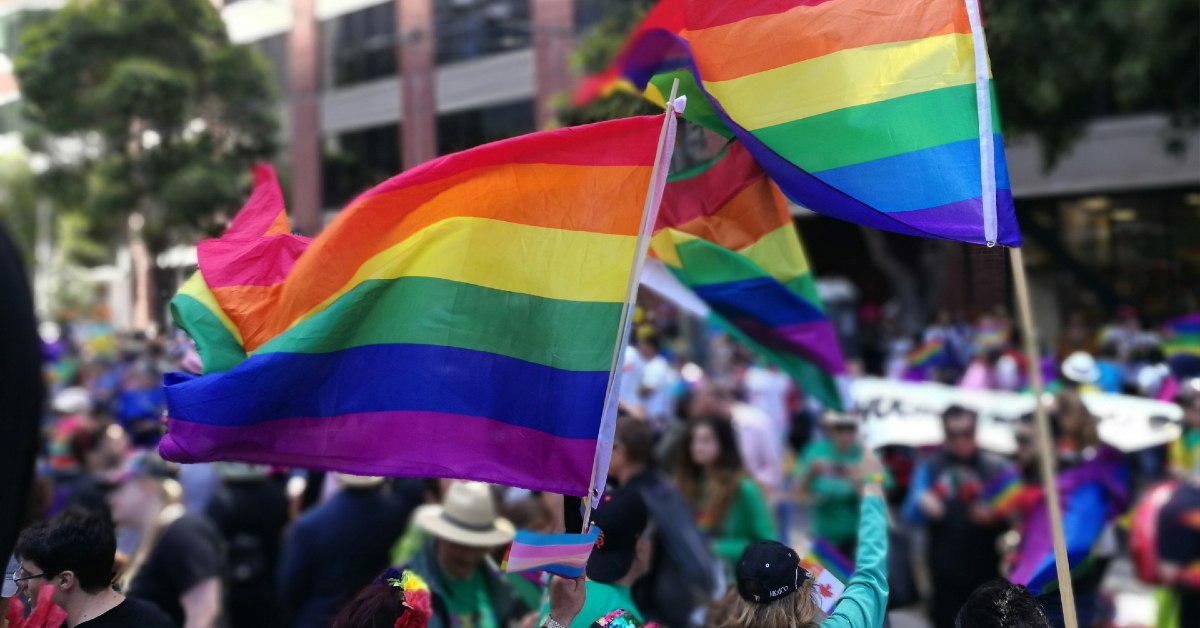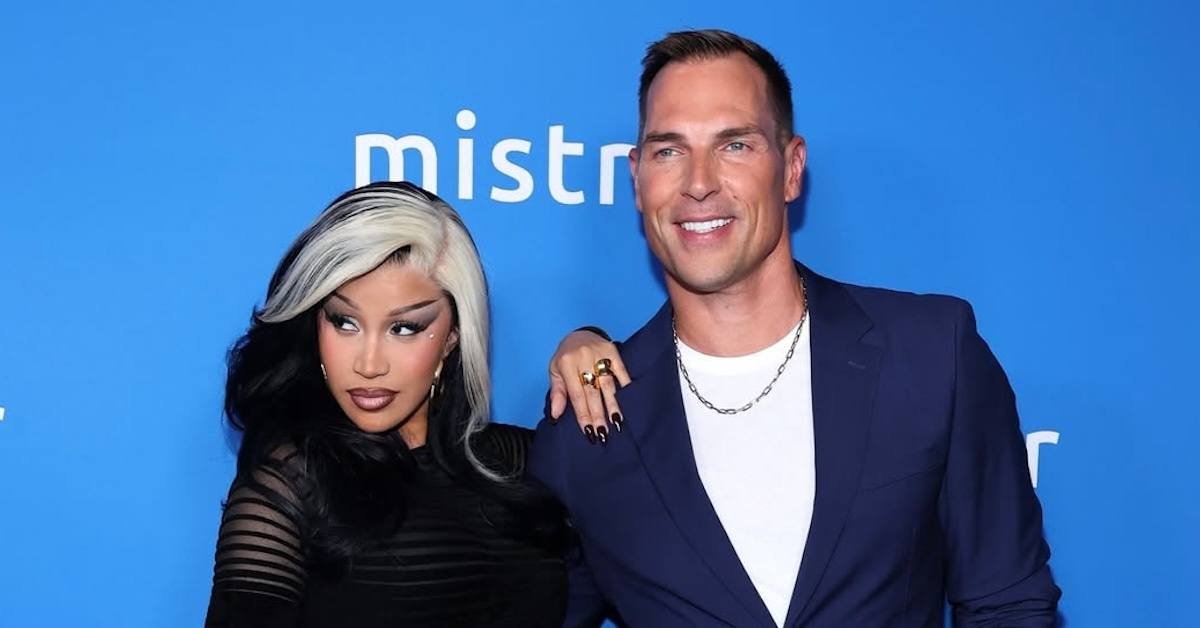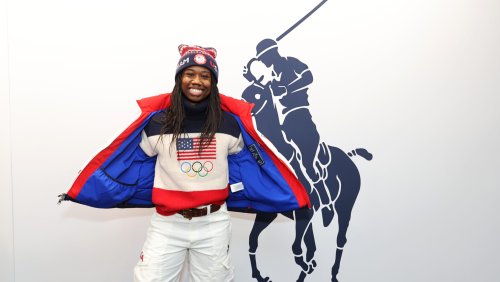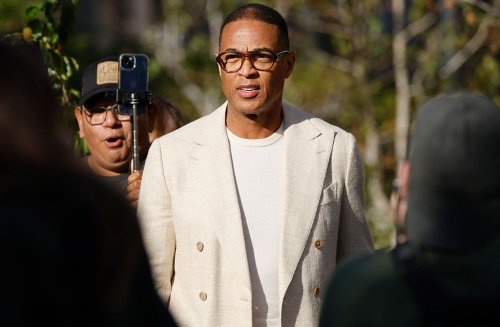There’s a High Chance You Are Allosexual — What It Means According to LGBTQIA+ Culture
Some feel that labels are for soup cans, not people. Others are passionate about labels being valuable tools for linguistic self-expression, connecting with personal identity, and finding community. And while labels exist in nearly every tight-knit community, they’re quite important to the LGBTQIA+ community. The acronym itself comprises several labels (lesbian, gay, bisexual, transgender, queer/questioning, [...] Read More... from There’s a High Chance You Are Allosexual — What It Means According to LGBTQIA+ Culture The post There’s a High Chance You Are Allosexual — What It Means According to LGBTQIA+ Culture appeared first on LBS.


Some feel that labels are for soup cans, not people. Others are passionate about labels being valuable tools for linguistic self-expression, connecting with personal identity, and finding community. And while labels exist in nearly every tight-knit community, they’re quite important to the LGBTQIA+ community. The acronym itself comprises several labels (lesbian, gay, bisexual, transgender, queer/questioning, intersex, asexual), but slightly more niche labels like demisexual, pansexual, and allosexual may sound like a foreign language to cisgender heterosexual allies, not to mention less online LGBTQIA+ community members.
Of the labels mentioned that are an extension of the acronym, allosexual may be the least recognizable one. Ironically, it’s the most broad. In fact, regardless of sexual orientation, most people are allo. (And no, it does not have anything to do with trendy yoga athleisure brand Alo.)
Defining Allo in LGBTQIA+ Culture
As detailed by WebMD, allosexuality is the sexual attraction to other people. It’s pretty simple. An individual who does not experience sexual attraction to other people may identify as asexual, and an individual who rarely experiences sexual attraction to other people may identify as graysexual. Unrelated to celibacy or abstinence — terms typically associated with those who experience sexual attraction but are choosing to refrain from sexual activity for various reasons — an estimated 1% of the population is asexual, according to the Asexual Visibility & Education Network. That would put roughly 99% of the population under the allosexual umbrella.
According to sex researcher and LELO sexpert Zhana Vrangalova, PhD., allosexuality is a relatively new term, only a decade or two old. In conversation with InsideHook, Vrangalova explained that the Greek prefix “allo” translates to “other” or “different,” meaning “basically anyone who feels sexual attraction to other people to some degree can be considered allosexual.”
You may be wondering, “do we really need a label for this?” The asexual community felt as though there should be a label for this demographic, rather than refer to those who experience sexual attraction as, well, “regular” or “normal.”
“They created the term ‘allosexual’ to call attention to the power and privilege dynamics of attraction,” Julián Cancino, director of the Gender and Sexuality Center at Brandeis University, told Cosmopolitan. Nobody enjoys the feeling of being othered.
The Difference Between Allosexual and Alloromantic
Similarly to how asexual and aromantic are two separate things, the latter referring to a lack of romantic feelings toward other people, allosexual and alloromantic are differing labels. An alloromantic person has romantic feelings toward other people, regardless of gender, sexual orientation, or sexual desire. Of course, what is considered a romantic feeling is fairly extensive. Alloromanticism can be as mild as having a crush on someone or experiencing butterflies in your stomach, and as all-consuming as falling in love or believing you’ve found your soulmate. As put by Verywell Mind, romantic feelings don’t necessary relate to love. Enjoying intimacy, private vulnerability, and general closeness with another individual can equate to romantic desire without the beautiful chaos of love entering the chat, so to speak.
In the end, broad labels are only as important as a person sees fit. Whether or not you connect to a particular label is of personal significance, but they exist for a reason.
Have labels like allosexual helped you verbalize your identity? Comment below!
The post There’s a High Chance You Are Allosexual — What It Means According to LGBTQIA+ Culture appeared first on LBS.
Share
What's Your Reaction?
 Like
0
Like
0
 Dislike
0
Dislike
0
 Love
0
Love
0
 Funny
0
Funny
0
 Angry
0
Angry
0
 Sad
0
Sad
0
 Wow
0
Wow
0

















